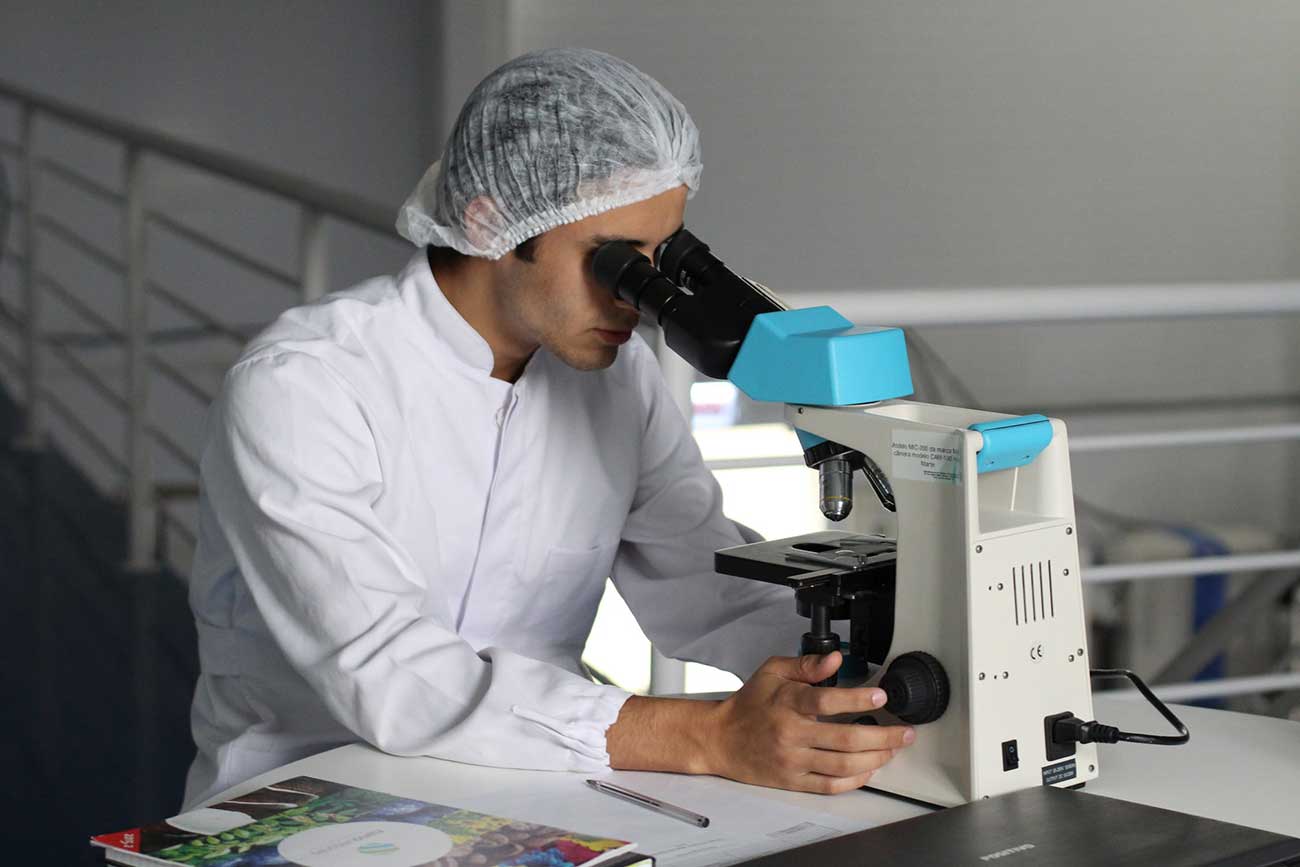Liver cancer is perhaps one if the least known and yet we can do a lot to prevent it. In this article we explain some of the elements you should know to avoid this type of cancer, its symptoms, and to know when to consult your doctor and the treatments and diagnoses in case you have just received the news that you have it.
Can Graviola help me with Liver Cancer?
Currently there are numerous studies carried out by the National Cancer Institute of Peru, proving that Graviola is an extremely effective supplement used along with the usual treatment to fight liver cancer. Its numerous properties, among which are the ability to feed on cancer cells, significantly help to reduce and even eliminate tumors, significantly help to reduce and even eliminate tumors. We recommend taking “Graviola Prozono“. Do you want to know the evidences about the use of graviola in liver cancer?
Find the studies below
What should I know about Liver Cancer?
Prevention
Preventing or avoiding all diseases that affect the liver will help us to avoid to a large extent the appearance of liver cancer.
Protect us against cirrhosis, through a zero or responsible alcohol intake; against hepatitis B and C through existing vaccines (for C there is no vaccine yet) and the use of condoms; they will help us to keep this cancer away from our body.
Maintaining a healthy life through a balanced diet and exercise will also keep our liver healthier.
Causes
Having cirrhosis or hepatitis is one of the most common causes.
Genetic factors must also be taken into consideration, so if there have been several cases in your family, you should mention it to your doctor so they can order the relevant tests.
Symptoms
There are several symptoms related to liver cancer. Please consider that many of them may be due to other pathologies. However, a consultation with the general practitioner never hurts.
- Weight and appetite loss. Always finind yourself with a feeling of fullness.
- Nausea or vomiting.
- Enlargement of the liver and/or spleen.
- Abdominal pain and/or swelling.
- Yellowing of the skin and eyes..
Types
There are several types of liver cancer. We can differentiate between primary liver cancer, which originates in the liver; or secondary liver cancer, which originates in any other organ i.e. the pancreas, and it has spread. This cancer is metastatic.
Diagnostics
There are several different methods to diagnose liver cancer.
Non-invasive methods are all of those that allow a “photo” of the prostate area, but that many times won’t be conclusive. I.e. ultrasounds, tomography or magnetic resonance imaging.
Invasive methods are more definitive in terms of diagnosis and the physicians use them when indications exist that you may be suffering from prostate cancer. Among these you will find:
Biopsies
. They consist of extracting a sample from the affected area to analyze it for cancer cells.
Angiography.
. The blood vessels are analyzed having injected a substance to check their behavior.
Laparoscopy:
. Consists of inserting a small probe with camera through a small incision in the abdomen so the doctor can observe the condition of the liver or other organs.
Treatments
There are several treatments for liver cancer which depend on a series of factors such as the state of health of the rest of the liver or if the cancer has spread to other organs. The most common treatments are:
- Surgical intervention:
- Depending on the case, a tumor removal may be considered, as well a liver transplant if it is insurmountable.
- Tumor ablation:
- This treatment consists of trying to destroy the tumor without removing it. There are several techniques such as injecting alcohol into it, or using radial waves.
- Tumor embolization:
- This treatment is usually considered for patients that would not respond well to surgery or ablation. In general, it consists of using different techniques to cut the bloodstream that reaches the cancer cells.
- Radiotherapy
- In general, this type of treatment consists of subjecting the affected area to radiation of all types of X-rays to eliminate possible cancer cells that the surgeon hasn’t been able to see.
- Its main effect is the redness of the skin.
- Chemotherapy
- It is administered either orally, or through intramuscular or intravenous injections. As with radiotherapy, its main goal is to kill cancer cells.
- SIts main side effects are hair loss, nausea and loss of appetite.
- Other treatments
- There are also other treatments such as targeted therapy; this is characterized by administering to the patient a treatment that is “trained” to kill cancer cells.







